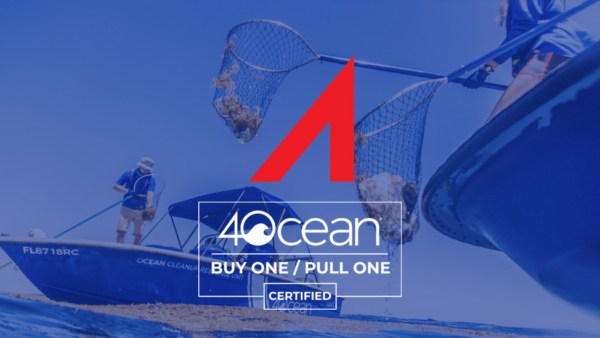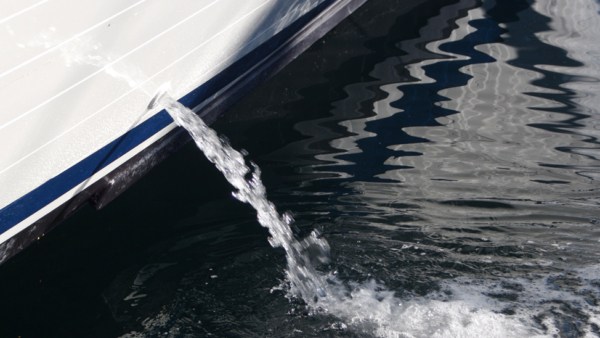 Boaters are well aware that it is strictly illegal to dump oil at sea. We’re all required to have “Discharge of Oil Prohibited” placards in our boats and receptacles for containing any oily waste. We know that the fine for dumping oil is in the neighborhood of $10,000 and perhaps some jail time. It’s at the top of our commandments, right up there with Thou Shalt Not Dump Plastics.
Boaters are well aware that it is strictly illegal to dump oil at sea. We’re all required to have “Discharge of Oil Prohibited” placards in our boats and receptacles for containing any oily waste. We know that the fine for dumping oil is in the neighborhood of $10,000 and perhaps some jail time. It’s at the top of our commandments, right up there with Thou Shalt Not Dump Plastics.
It makes sense that so many boaters are involved with the cleanup efforts in the wake of the BP disaster. With somewhere between 94 and 184 MILLION GALLONS of oil now swirling around the Gulf of Mexico, I’m a bit dumbfounded. BP should owe in the vicinity of one to two trillion dollars (assuming they’re charged $10,000 per gallon). Jailtime is clearly in order, according to our oil discharge placards. Now that there’s (FINALLY) a cap on the busted rig, which appears to have stemmed the leak, we can start to make progress on getting rid of the oil for good.

Courtesy of Frank Trigg
Captain Frank is based in Belle Chasse, just south of New Orleans, and his work site is approximately 70 miles from the oil spill. He is captain of an 80-foot Shallow Barge Skimmer, which consists of a 35-foot push boat and two 45-foot barges that carry their equipment. There is no protection from the elements other than a small canopy–and their greatest daily concern is hydration. With temperatures in the 90s and humidity just as high, the crew is urged to drink half a quart of water hourly plus three bottles of Power Aid over each twelve-hour period.
So far, Frank says, “We have not seen any oil. Boom has been deployed around the marshes as a preventive measure, and the three barges are there to scoop and skim any oil that may be present. So far we have gone out and anchored all day.”
With troops like Frank’s fencing in all unharmed areas with hundreds of miles of booms, and the cap on the Deepwater Horizon rig in place and holding, there is cause for optimism. But the Gulf is far from stabilized. We will all be waiting with bated breath for the permanent relief wells to be dug, the cap cemented in place, and the beaches slowly combed clean.
Meanwhile, please consider how you can support the Gulf’s coastline economies. Aside from the environmental disaster, the oil spill has wreaked economic havoc. Reports from ASA schools all along the coastline are quite varied, but one thing is common–even when there is no oil present in an area, people’s incorrect perceptions cause them to avoid the Gulf altogether. Don’t let geographic ignorance be the reason you decide not to sign up for that sailing class. Who knew something as fun as going sailing could be a means of supporting the restoration?!
If you would like to get elbow-deep in the physical restoration efforts, please find a cleanup volunteer opportunity here.












